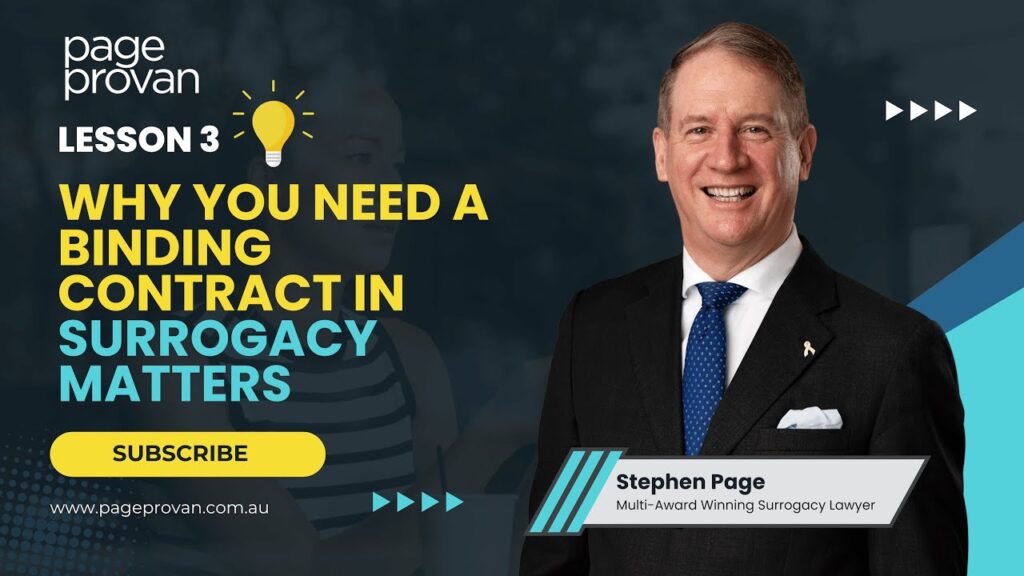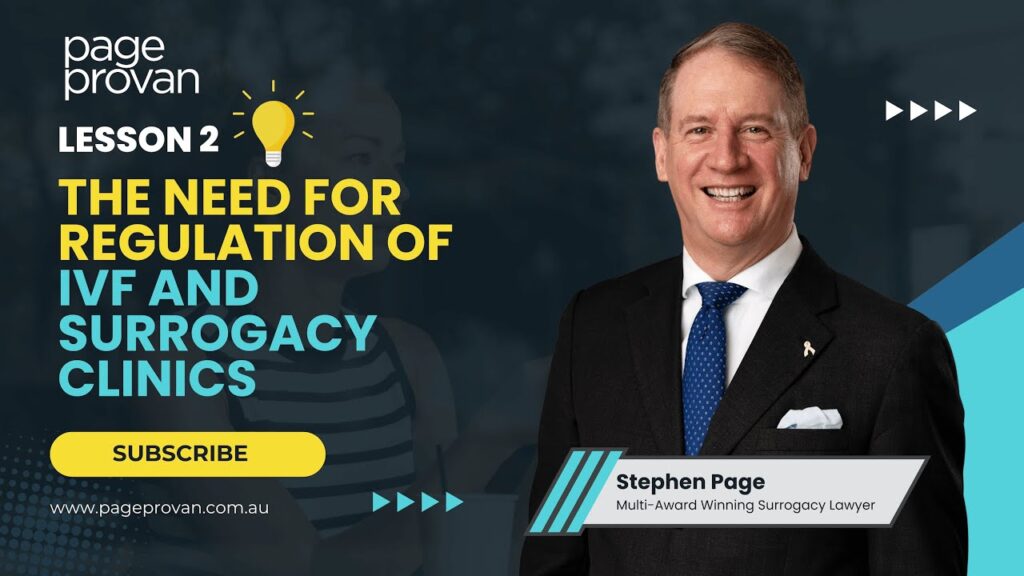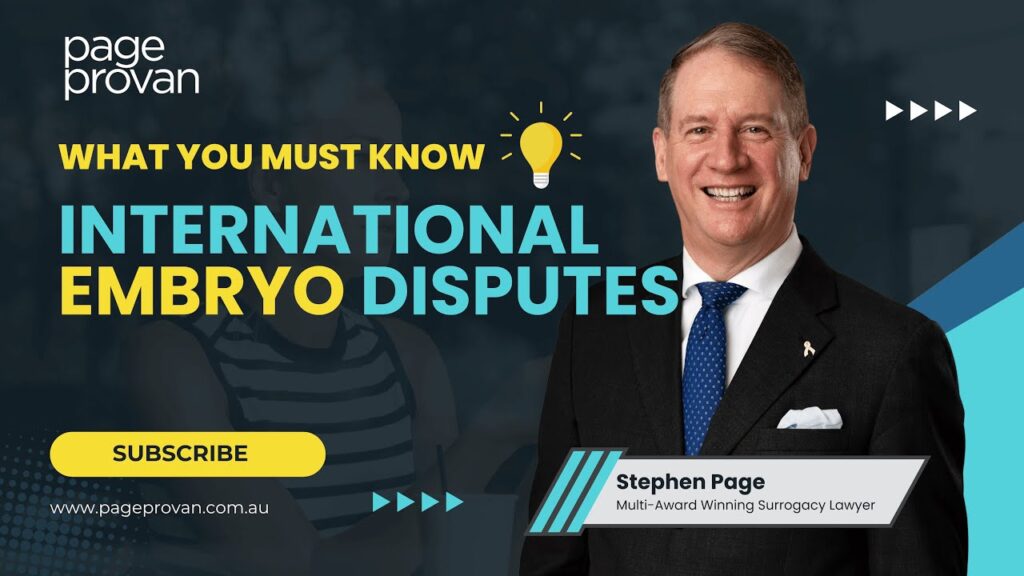Family Court- notice to legal practitioners Murphy J’s list
Justice Murphy of the Brisbane registry of the Family Court has issued the following notice:
NOTICE TO LEGAL PRACTITIONERS
COMMUNICATING WITH JUDGES – MATTERS IN MURPHY J’S DOCKET
Now that the docket system is in place in respect of all matters, it is timely – particularly given that many litigants appear for themselves – to remind all parties and practitioners of a number of matters relevant to communications with me when I am allocated as the docket Judge for a matter.
I seek to encourage intelligent and common sense management of cases within my dockets. As a result, it is recognised that formal and procedural matters can be dealt with by informal processes with significant savings in court time and expense to the parties. For that reason, I frequently order that consent minutes, consent adjournments and the like can be the subject of joint e-mail communication with my associate.
However, it is vital that all parties and practitioners understand the basis upon which contact with me (via my associate) about substantive matters should – or should not – occur.
It is never appropriate for any party, or any legal practitioner, to attempt to contact me about a matter for which I am responsible.
It is not usually appropriate for any party, or any legal practitioner, to contact my associate about a matter for which I am responsible unless all parties are in agreement that this should occur and then only for good reason.
Those instances should be uncommon.
Should it become necessary to contact me (through my associate) about any substantive issue relating to a matter, I expect that:
The party and/or practitioner seeking to contact my associate will first contact each other party or practitioner involved in the case. Any necessary communication will thereafter be joint and in writing.
In the event that genuine urgency, or other good reason, is said to prevent a joint written
communication occurring, the person seeking to contact my associate should first seek, in writing, consent from each other party/practitioner to contact being made and provide full details of the reason for, and nature of, the intended communication.
In cases of genuine urgency or in the event that consent is not forthcoming within a reasonable period of time, contact with my associate should be made, in writing, and – contemporaneously – a copy of that communication forwarded to each other party / practitioner.
A party should not seek to have oral communication with my associate about any substantive issue save in appropriate, extraordinary circumstances.
In all cases, except in appropriate, extraordinary circumstances, all communications from my associate to parties and/or practitioners about a matter will occur in writing and be sent contemporaneously to all parties / practitioners.
Case managers and docket registrars will be reminded of these arrangements and, similarly, those taking calls at the National Enquiry Centre.












